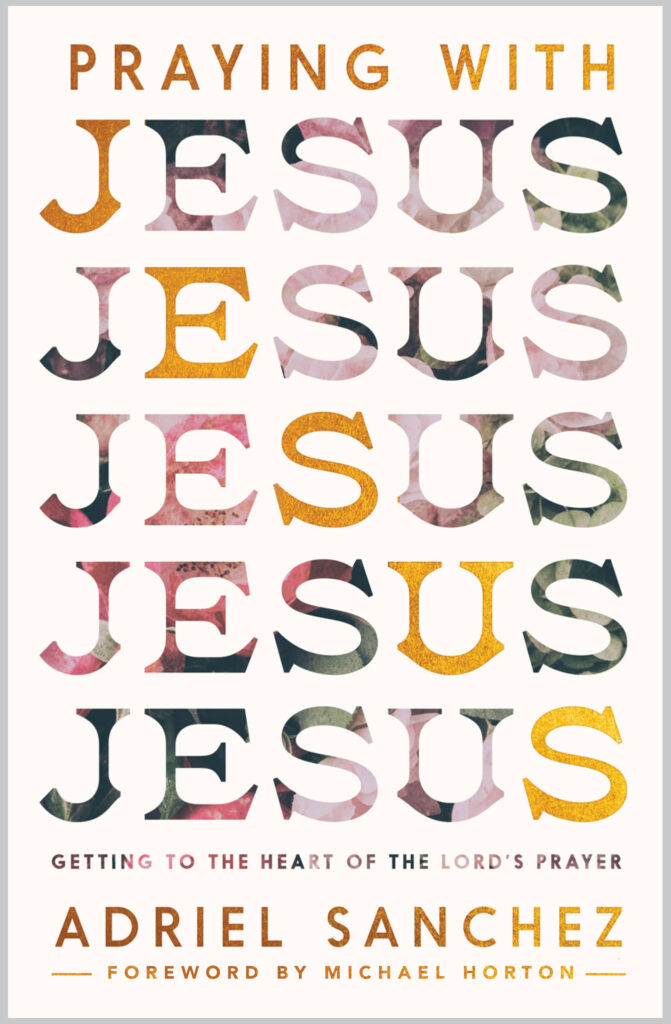In his biography of Napoleon Bonaparte, Andrew Roberts tells the story of one of Napoleon’s early victories. Outnumbered on the battlefield, Napoleon demonstrated that his gift for exaggeration could easily turn into full-blown deception. It was August of 1796, and Napoleon was surrounded by 3,000 Austrian troops. His force (just over a third of the size of the opposing army) was exhausted. The enemy sent an officer to parley with Napoleon, and during the meeting he told the officer that his whole army was nearby and that, “If in eight minutes his division had not laid down its arms, [he] would not spare a man.” Believing his words, the officer reported back and convinced 3,000 Austrian soldiers to surrender. It wasn’t until they were completely disarmed that they discovered there were no French reinforcements at hand, and that had they known better they could have captured Napoleon with ease. Napoleon went on from there to conquer the world.
The Poverty of Believing a Lie
If a small lie has the power to change the course of history, how much more can it affect the trajectory of your life? Nothing extinguishes the fire of a praying life like the lies we believe about God. Satan convinces us that God is stingy and that he loves to watch us writhe with need. During seasons of hardship, we may adopt an orphan mentality as we begin to think, God won’t take care of me, so I’ll have to meet my needs myself.
It’s when we’ve succumbed to this mindset that prayer seems like a waste of time. If the situation is dire and we’ve exhausted every other option, maybe we’ll give prayer a shot, but we hardly believe God wants to hear us. We begin to view him the same way the wicked servant saw his master in the parable of the talents (see Matthew 25:14–30). Do you remember him? He buried his talent and when confronted by the master said, “Master, I knew you to be a hard man, reaping where you did not sow, and gathering where you scattered no seed, so I was afraid, and I went and hid your talent in the ground. Here, you have what is yours.” (vv. 24–25) This servant’s problem was that he thought his master was just like Pharoah, saying, “Make bricks!” while not providing the necessary straw (Exodus 5:7). He had believed a lie about the master, and as a result buried the good gift given him to steward. If God is stingy, why shouldn’t we be too?
The crucial link between viewing God accurately and the life of prayer is made earlier in Matthew’s Gospel. In his famous Sermon on the Mount, Jesus said that God isn’t a harsh and stingy man, but a good and generous Father. He is eager to lavish grace upon his children, and knowing this emboldens us to pray confidently. Jesus said,
Ask, and it will be given to you; seek, and you will find; knock, and it will be opened to you. For everyone who asks receives, and the one who seeks finds, and to the one who knocks it will be opened. Or which one of you, if his son asks him for bread, will give him a stone? Or if he asks for a fish, will give him a serpent? If you then, who are evil, know how to give good gifts to your children, how much more will your Father who is in heaven give good things to those who ask him! (Matthew 7:7–11)
Too often we don’t pray because we’ve replaced God with a stingy idol. We live with fear under the gaze of a harsh man rather than the caring eyes of the heavenly Father who is attune to all our needs (Matthew 6:8). The God of the Bible has given us all we require for life and godliness through the costly sacrifice of his precious Son (2 Peter 1:3).It’s not just that he isn’t stingy, it’s that he’s overwhelmingly generous with his grace, eager to pour it upon us when we come to him in faith (Hebrews 11:6).
Approaching Your Generous Father
God wants you to know and approach him through Jesus as the good Father that he is. If you’ve been neglecting prayer, could it be that (perhaps without even realizing it) you’ve started to believe lies about God? Perhaps you’re tempted to believe he isn’t good, doesn’t care about what you are going through, isn’t able to intervene, or you’re afraid he isn’t real. It makes sense why you wouldn’t get up in the morning to talk to that god. But the little g “god “who isn’t good, doesn’t care, and isn’t able isn’t the God of Scripture, it’s a figment of your imagination that doesn’t really exist!
We constantly need to remember who God is. The trials of life often leave us tempted to believe our circumstances more than we believe God’s grace and goodness shown to us in Christ. This need to remember is probably one of the reasons Jesus began the Lord’s Prayer with the words, “Our Father” (Matthew 6:9). These words teach us that God isn’t just a Father, but that he’s our Father. They remind us of the great lengths God went to in order to make us his own. We who have been brought into God’s family have the privilege of calling God, “Abba”—Father (Romans 8:15–17). To pray, “Our Father” is to stand against the lie that you’re an unwanted orphan and to lay hold of your identity as God’s son or daughter through Christ. You’re a part of the family, and God wants to hear your prayers and pour his Spirit upon you. And the good news is, he’s strong enough to do this!
The generous God isn’t just our Father, but he’s our Father in heaven. One of God’s divine attributes that helps to refute the idea of a stingy God is aseity. Aseity means God has self-existence, and that he doesn’t depend on anything or anyone. It comes from the Latin a se meaning, “from himselfness.” How does this doctrine teach us that God isn’t stingy or selfish? Well, if God has everything he needs in himself, then when he gives grace it’s never because he needs something in return. God’s gifts don’t have strings attached, but flow from his abundant goodness. His characteristic omnipotence is revealed in the words, “in heaven” in the Lord’s Prayer. When we pray to our Father in heaven, we’re reminded of God’s fatherly goodness and his powerful transcendence. Each time you come before the Lord in prayer, remember who he is, and who he has made you to be in Jesus. He is not a harsh man, and you are not an orphaned child. You have a good and gracious Father standing by, waiting to hear when you call to him!
praying with Jesus
Using the Lord’s Prayer as a framework, Adriel Sanchez unlocks the mystery of prayer, helping readers understand what prayer is, how to navigate the challenges of prayer, and how to form a habit of prayer. Sanchez points the way to how the Lord’s Prayer helps us better grasp the essential truth that we are not meant to try to navigate life in our own strength and wisdom.






